Q&A with Filmmaker Nana Duffuor
Nana Duffuor
Nana Duffuor is a first-generation Ghanaian filmmaker based in New York City. Her work blends heart and humor to explore themes at the intersection of the personal and political. A recent graduate of Columbia University’s Film MFA Program with honors, she has received the Adrienne Shelley Foundation Award for Female Director and the Frameline Completion Fund. Her thesis short, Rainbow Girls, premiered at Frameline International LGBTQ+ Festival, and the feature version is currently in development, continuing her mission to tell impactful, resonant stories.
This Q&A is part of the Bushwick Film Fest Filmmaker Q&A series
Rainbow Girls (2025)
What inspired you to create this film, and how did the initial idea come to you?
At the time, I was living on the West Coast pursuing acting/filmmaking. It was my first time living away from home. One weekend, I visited my brother in Vegas during his work trip and as soon as he left, I opened my notebook and began to write. What came out was all my frustration of living in LA: the lonelineThe film is inspired by true events that took place in the San Francisco Bay Area around 2013. I was living in the Bay Area at the time, when the influx of wealth from the tech industry spurred unprecedented levels of gentrification and displacement of longtime residents. Around that same time, a friend working in retail told me how employees were being trained to deal with these groups of young women swarming high-end stores like Gucci, Prada, and Burberry, then snatching as many items off the shelves as they could get their hands on before bolting. As a lover of heist films like Set it Off, I imagined a story that centers around the friendship between three charismatic young trans women, pushed to society’s margins, who unapologetically push back by looting luxury items associated with the type of wealth, privilege, and prestige that they are too often denied.
Why does this story need to be told now?
I think now more than ever, with this current administration and trans people's rights coming under even further attack, we need stories that humanize our black trans siblings; stories that direct our attention toward systemic inequities; and stories that do all of this, while still centering joy, community, and resistance.
Describe who you want this film to reach.
I want this film to reach any and every body, but especially, I want this film to make my black trans siblings proud
What do you hope audiences will take away from watching your film?
This is a story meant to call obedience into question. Whether audience members find organized retail theft morally justifiable or morally repugnant, they will see themselves in Tati, Angel, and Gemini, and they will root for them. That’s my goal as a storyteller.
How do you want people to feel after they see your film?
I want them to feel like, that was one hell of a ride! We want—no, demand to see the feature-length film!
What was the biggest inspiration behind this film?
My biggest inspirations were the real life young women who took part in these robberies; the gaping social inequity in the Bay Area; and one of my all-time favorite heist films: Set it Off!
What was your favorite part of making your film? Memories from the process?
One of my favorite parts of making the film was when we got to shoot in Union Square in San Francisco. Our actors were running all across the square filming the getaway scenes, and we got one of my favorite shots (of them running through a flock of pigeons) there. And at some point, in between shots, the actresses start voguing and cutting up in the middle of Union Square. It' s like the thesis of the film (taking up space), was brought into reality in that moment. And I hope all the fun and play that we had in making the film shows up on screen.
What was a big challenge you faced while making this film?
This is my most ambitious film yet, in terms of cast and crew size, number of locations, etc.—and the budget reflects that. Luckily, we were filming the Bay Area, where community is such a central part of the ethos. Our producers gave so generously of whatever resources they could to make sure we got this film made, and our crew in the Bay Area was absolutely incredible, and made it work on a student film budget!
Tell us an anecdote about casting or working with your actors.
And as a cisgender queer woman wanting to tell a story with trans characters at the center, close collaboration with the trans folks of color on our production team and in the lead roles for the short has proven invaluable. Our executive producer, Nava Mau, and the three lead actresses—Jai Stephenson, Sis Thee Doll, and Céline Jackson (who also served as script consultants for the short), gave generously of their time and talent to help hone in on the specificity of these incredibly endearing, flawed characters. Through script review sessions and rehearsals, they helped bring Tati, Angel, and Gemini to life in ways I would not have otherwise been able to.
Early bird or night owl?
Early bird...ish.
This Q&A is part of the Bushwick Film Fest Filmmaker Q&A series



